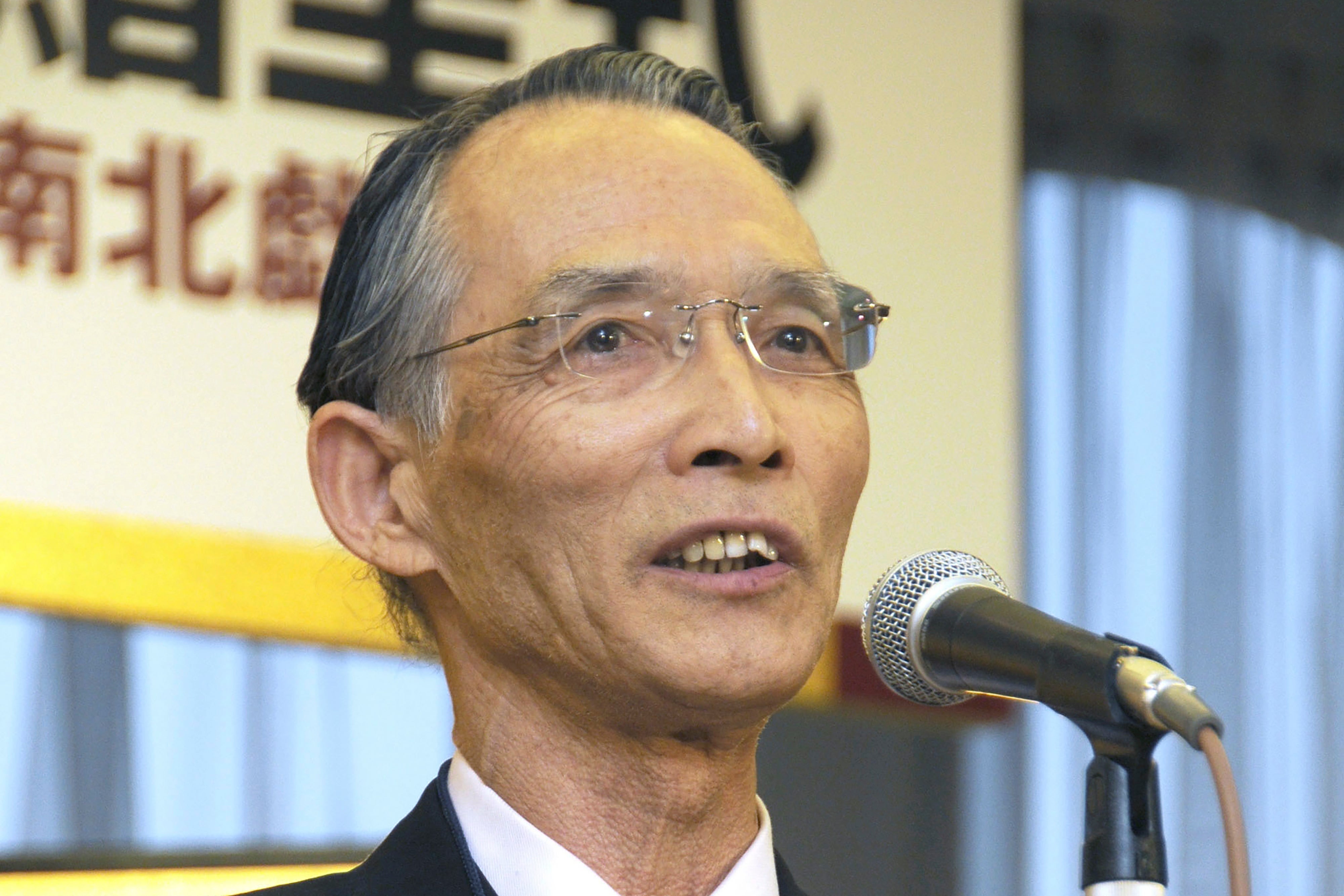Seiichi Morimura, who exposed the atrocities committed by the Japanese army's Unit 731, dies at 90
Renowned Japanese mystery writer Seiichi Morimura, whose nonfiction trilogy “The Devil’s Gluttony” exposed human medical experiments conducted by a secret Japanese army unit during World War II, has died at age 90

Your support helps us to tell the story
From reproductive rights to climate change to Big Tech, The Independent is on the ground when the story is developing. Whether it's investigating the financials of Elon Musk's pro-Trump PAC or producing our latest documentary, 'The A Word', which shines a light on the American women fighting for reproductive rights, we know how important it is to parse out the facts from the messaging.
At such a critical moment in US history, we need reporters on the ground. Your donation allows us to keep sending journalists to speak to both sides of the story.
The Independent is trusted by Americans across the entire political spectrum. And unlike many other quality news outlets, we choose not to lock Americans out of our reporting and analysis with paywalls. We believe quality journalism should be available to everyone, paid for by those who can afford it.
Your support makes all the difference.Renowned Japanese mystery writer Seiichi Morimura, whose nonfiction trilogy “The Devil’s Gluttony” exposed human medical experiments conducted by a secret Japanese army unit during World War II, died Monday. He was 90.
His official website and publisher, Kadokawa, said Morimura died of pneumonia at a Tokyo hospital.
“Akuma no Hoshoku,” or “The Devil’s Gluttony,” which began as a newspaper series in 1981, became a bestseller and created a sensation across the country over atrocities committed by Japanese Imperial Army Unit 731 in China.
From its base in Japanese-controlled Harbin in China, Unit 731 and related units injected war prisoners with typhus, cholera and other diseases as research into germ warfare, according to historians and former unit members. Unit 731 is also believed to have performed vivisections and frozen prisoners to death in tests of endurance.
Morimura began contributing articles to magazines while working in hotels. He won the prestigious Edogawa Rampo Prize for his mystery fiction in 1969 and the Mystery Writers of Japan Award in 1973.
Born in 1933 in Saitama, just north of Tokyo, Morimura survived harsh U.S. bombings of the Tokyo region toward the end of World War II and developed pacifist principles. He wrote a book about his commitment to defending Japan's postwar pacifist Constitution and opposing nuclear weapons. He joined protests against a 2015 reinterpretation of the constitution by then-Prime Minister Shinzo Abe allowing greater military activity.
His 1976 novel “Ningen no Shomei” ("Proof of the Man"), a mystery about a young Black man who is murdered, revealed the dark side of postwar Japan and was made into a movie.
Another popular novel, “Yasei no Shomei” ("Proof of the Wild"), published a year later depicts a conspiracy over genocide in a remote village.